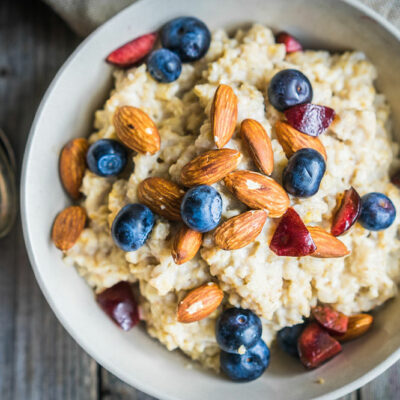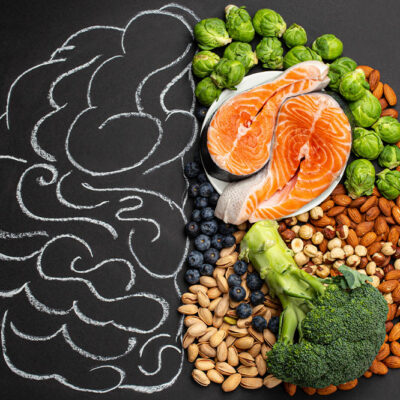
6 foods to eat for managing GERD
Acid reflux is a condition that causes heartburn due to the backflow of stomach acid into the esophagus. This is also referred to as gastroesophageal reflux disease (GERD). Although it is a common condition, it can cause problems such as heartburn, nausea, vomiting, a dry cough, foul breath, difficulty swallowing, and chest pain. High-sodium meals, acidic foods, and lack of fiber worsen acid reflux. Here are the best foods to eat to avoid GERD. Best foods to consume to avoid GERD Oatmeal Oatmeal is a high-fiber, whole-grain breakfast cereal. Foods with a lot of fiber can lessen acid reflux. These foods also promote intestinal health and help general digestion by easing constipation. Oatmeal is also linked to the easy digestion of other foods and the absorption of stomach acid. Thus, including oatmeal in your breakfast meal significantly lowers GERD symptoms. Lean meat and seafood Lean meats are simpler to digest and less likely to cause GERD symptoms, such as skinless chicken breast baked or sautéed rather than fried and greasy. Other options for lean meat include turkey, leaner beef, and seafood like fish, prawns, and lobster. Fatty meats are typically higher in cholesterol and can cause heartburn, so leaner meats are a better option for GERD symptoms.
Read More 





